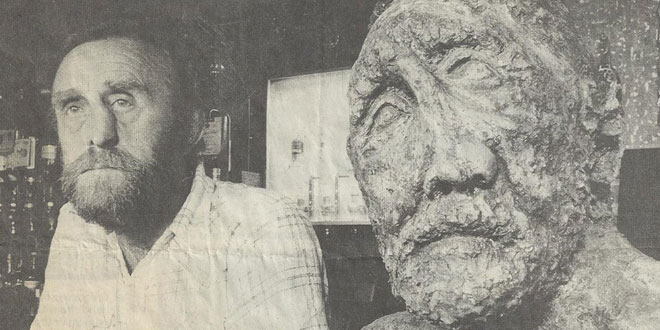 1. One of their ex-players has featured on the big screens from Flash Gordon to Dracula.
Ted Carroll had played Rugby League for the first time while serving in the British Army as with the Desert Rats during World War 2, although he had played for Castleford RU. One of the fellow soldiers, Harry Thompson, had a brother called Bill who played fo
1. One of their ex-players has featured on the big screens from Flash Gordon to Dracula.
Ted Carroll had played Rugby League for the first time while serving in the British Army as with the Desert Rats during World War 2, although he had played for Castleford RU. One of the fellow soldiers, Harry Thompson, had a brother called Bill who played fo The Self-Isolation Chronicles: Hunslet
 1. One of their ex-players has featured on the big screens from Flash Gordon to Dracula.
Ted Carroll had played Rugby League for the first time while serving in the British Army as with the Desert Rats during World War 2, although he had played for Castleford RU. One of the fellow soldiers, Harry Thompson, had a brother called Bill who played fo
1. One of their ex-players has featured on the big screens from Flash Gordon to Dracula.
Ted Carroll had played Rugby League for the first time while serving in the British Army as with the Desert Rats during World War 2, although he had played for Castleford RU. One of the fellow soldiers, Harry Thompson, had a brother called Bill who played fo 